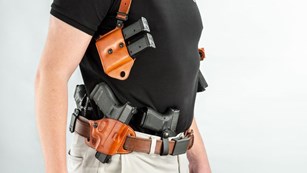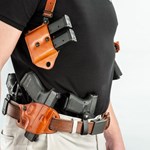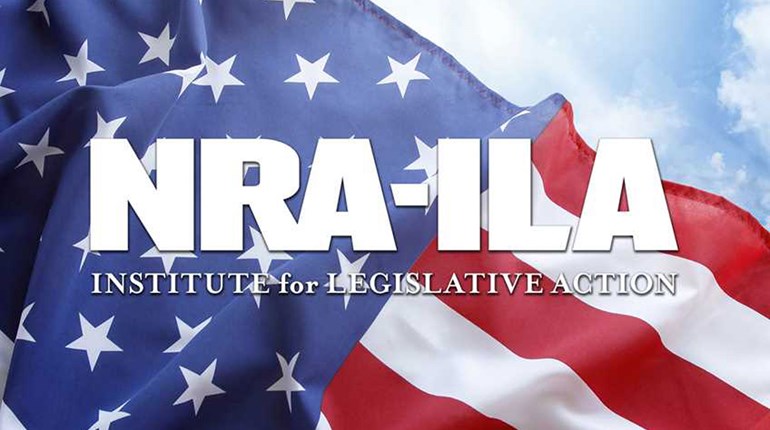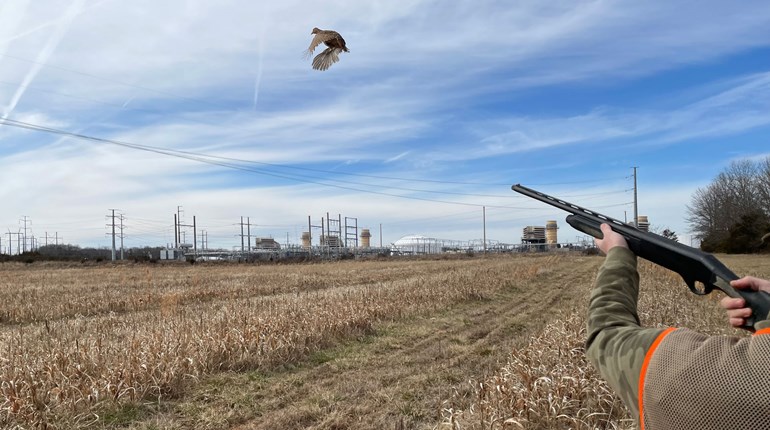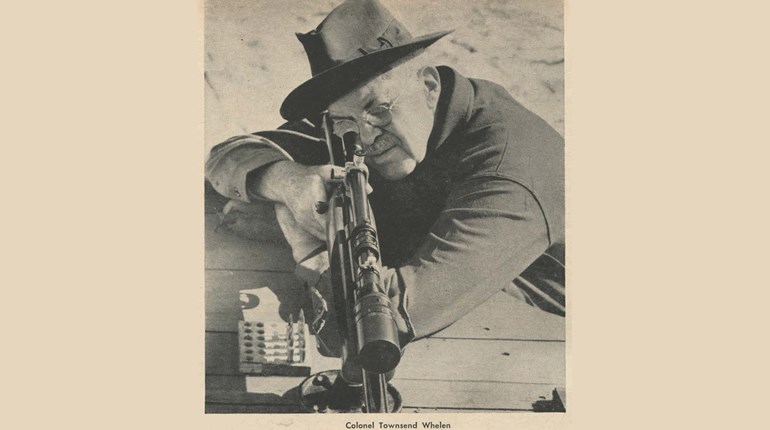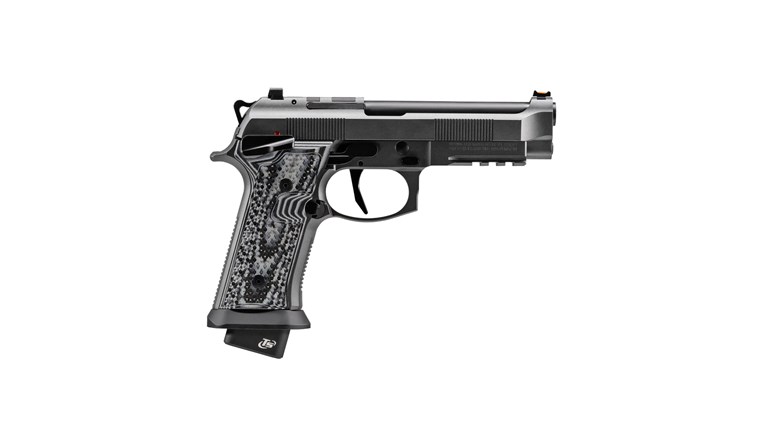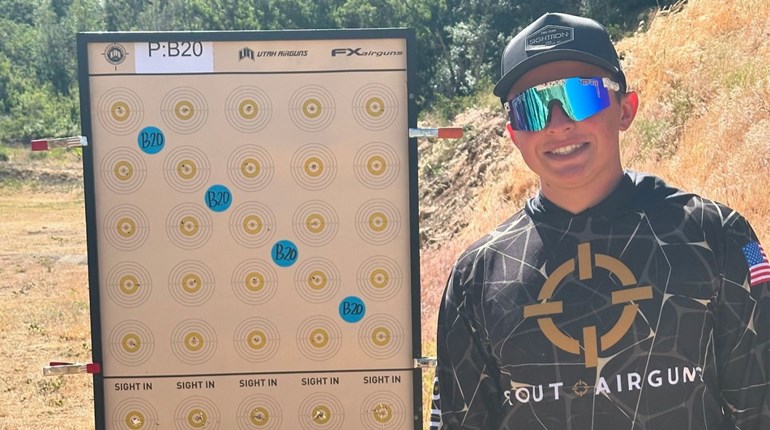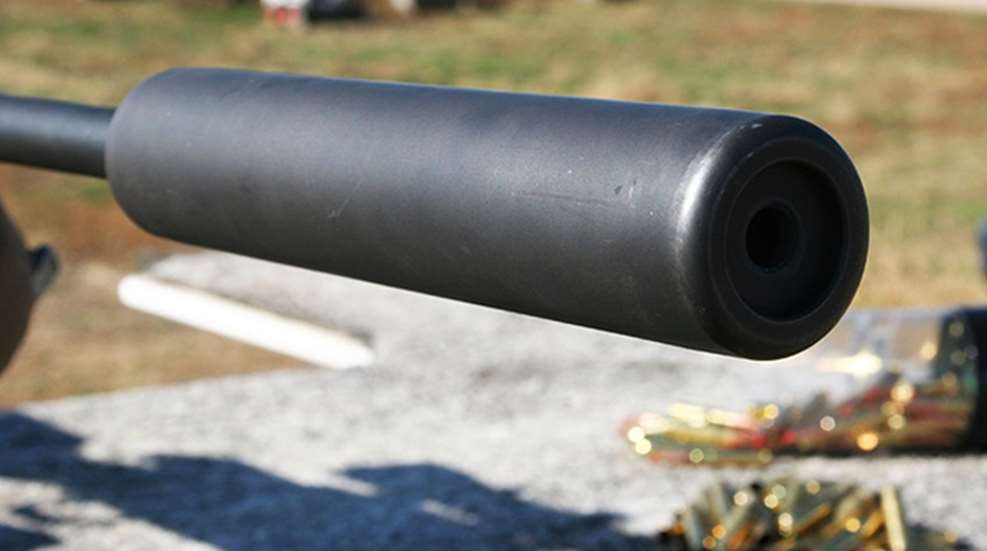
Q: "What's the most commonly heard word at the gun club?"
A: "Huh?"
On the surface the above is a funny joke, but the truth is that hearing loss is no laughing matter. I can tell you from personal experience that it's disheartening to learn one might need a hearing aid years before one's student loans are even paid off. For decades, firearms enthusiasts have had little choice but to double up on their hearing protection and simply accept that their passion for hunting and shooting might result in premature noise-induced hearing loss. It may be too late for the shooters of our generation, but there's still hope for new shooters.
The simple technology that significantly reduces the report of a shot—known as suppressors or silencers—is burdened with a lot of misconceptions among the general public. Here are five truths to help counteract them.
1. Suppressors don't really "silence" a firearm.
Suppressors don't silence muzzle report. They simply reduce the speed and heat of the muzzle exit gases, which reduces muzzle blast. Bullets that are supersonic, or flying faster than the speed of sound, make a sonic boom just like a jet flying faster than the speed of sound. Suppressors will not reduce this noise. When used with subsonic ammunition, suppressors reduce noise, but do not completely eliminate it.
2. Suppressors help reduce hearing damage.
According to the National Institute on Deafness and Other Communication Disorders (NIDCD), noise-induced hearing loss can take place from repeated exposure to sounds of only 85 decibels (dB). Firearms, depending on caliber and other factors, can produce noise registering from 130-157 dB. Earplugs and muffs can reduce the sound by anywhere from 15 to 35 dB, which still leaves ardent shooting-sports enthusiasts vulnerable to progressive hearing loss. Suppressors, however, can reduce sound by an additional 20 to 35 dB.
3. Good suppressors make good neighbors.
One of the greatest hurdles to both new and experienced shooters to enjoying their hobby is difficulty in finding places to shoot. Part of this is due to urban sprawl; shooting ranges that were previously rural are now increasingly being surrounded by population. It's this proximity to neighbors that is causing many ranges to shut their doors. According to the National Shooting Sports Foundation (NSSF), one of the top two reasons for public shooting range closures is noise complaints from neighbors. Allowing individual shooters to choose to reduce the report of their firearms while shooting will benefit not only the shooter, but also those who live nearby.
4. Suppressors are currently treated by American law the same way as if they were full-auto machine guns.
Right now, if you wished to purchase a suppressor for your firearm, you would have to follow the same steps that you would in order to buy a Class III firearm that is capable of firing multiple projectiles with a single trigger squeeze. It can be quite time-consuming and expensive. This is despite the fact that suppressors do not change a firearm's accuracy or ability to shoot more than one projectile per trigger squeeze. By contrast, in Europe, suppressors are generally available off the shelf to anyone. According to this article from our friends at NRA-ILA, "Ironically, regulation of suppressors is one area where American gun owners are at a relative disadvantage to their counterparts in other countries. Many European nations, for example, place no regulations on their acquisition or use."
5. Suppressors are essentially the same technology as automobile mufflers.
As our regular contributor Jeff Johnston pointed out in a recent article, "Suppressors were first made in 1902 by Hiram Percy Maxim in lock-step with another one of his inventions, the car muffler. This makes sense because both products utilized nearly identical technology. Today car mufflers are mandated by the government, while firearm suppressors are highly regulated by it."
Would you like to know more? Check in with NRA's Institute For Legislative Action (NRA-ILA)!









